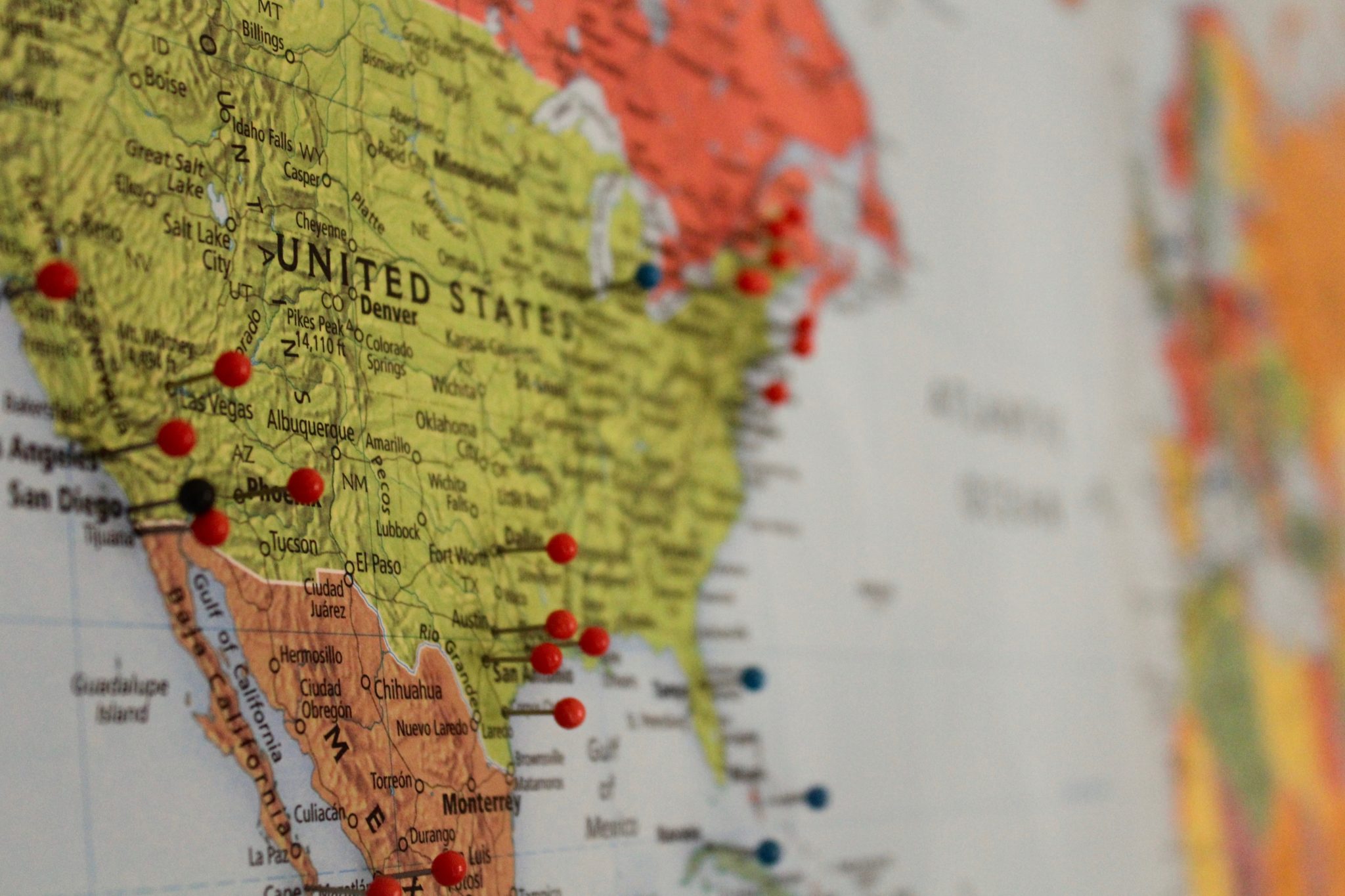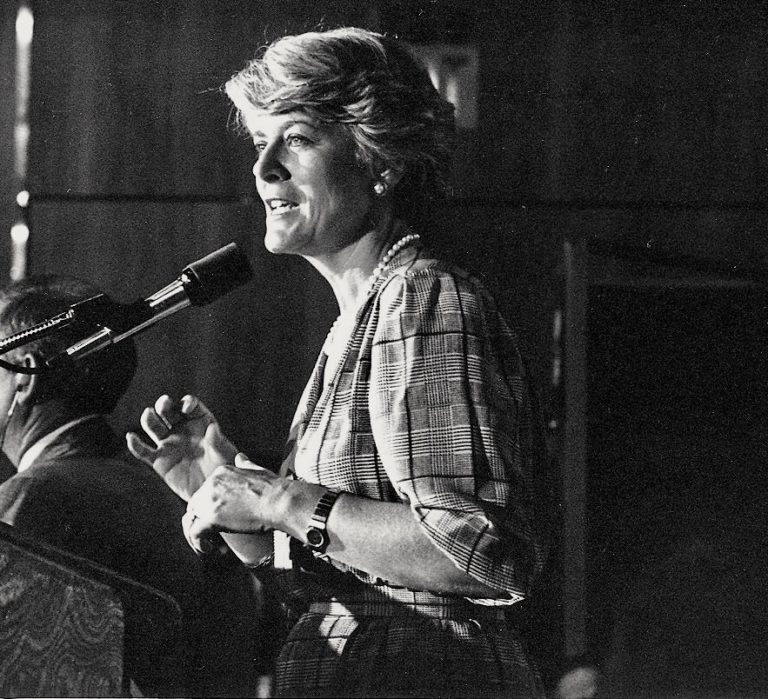It’s a popular question on the presidential campaign trail to ask the male Democratic…
No Country for Woman Presidents

Last week, Congresswoman Tulsi Gabbard dropped out of the Presidential race, making her the last woman candidate to drop out of the Democratic primary for the presidential nomination. There are now only two older white men fighting to secure the Democratic nomination.
Congresswoman Gabbard was always a longer shot, so in the week prior when Senator Elizabeth Warren dropped out after a weak Super Tuesday showing, a collective cry could be heard around Twitter from those who’ve long been advocates for women’s leadership in politics, acknowledging that we were losing the last woman candidate in the race who could come close to the nomination.
We started off with the most diverse presidential race field in the history of politics. What on earth happened?
Many critics point to the campaign Warren ran, and for sure her campaign is not blameless. However, there are some factors that affected Warren’s campaign that are unique to women candidates.
The “Other people won’t vote for her” syndrome: Whether it was Senator Kamala Harris, Senator Amy Klobuchar, or Senator Warren, a common refrain around these candidates from Democratic primary voters, even their supporters, was the worry that “other people” won’t vote for a woman candidate or that “the country” won’t support a woman candidate. A Senator Harris volunteer who made 13,000 calls on her behalf for the Iowa Caucuses wrote in an op-ed that it was a common refrain she heard making calls for Harris. And it was still the case for Warren, heard even at her rallies.
Actual sexism: Let’s face it – there are those people out there who won’t vote for a woman candidate for a lot of things, especially President of the United States. And they’ll actually still admit it. One study showed, 13 percent of Americans believe that men are better suited for politics than women, according to the 2018 General Social Survey.
And then there is unconscious bias. Traits most people associate with politicians — for example, ambition, aggressiveness, confidence, toughness — are often aligned with masculine behavior. When a woman leader exhibits some if not all of these traits, it’s not reflected on favorably. For as many fans as there were of Warren’s performances in her last debates, where she showed her lawyer training, there were still some naysayers who thought she was too aggressive.
Media erasure: There was a lot of notice—especially from women journalists and pundits—about how Warren’s campaign was being erased in coverage. She placed a very respectable third in the Iowa caucuses, but many pundits were quick to call it a two-man race between Bernie Sanders and Pete Buttigieg. Even though Vice President Joe Biden placed nearly dead last in Iowa, the media cut from Warren’s speech to present Biden’s remarks live.
Back in 2008, many of us in the African American community joked that if Barack Obama was not able to win the White House, then America would not give another Black candidate the nomination for at least a century out of fear. The fate of 2020’s women candidates makes it feel like women are now suffering something similar after Hillary Clinton’s loss in 2016. I think this is based on a fundamental misunderstanding about 2016 that has been allowed to become conventional wisdom. While she lost the electoral college, Clinton did win the popular vote, proving even a woman candidate that is viewed as a divisive figure by some can win the highest office in the land.
The narrative that the 2016 election was a decisive rejection by voters has been allowed to flourish unchallenged for years, and it is causing real harm. If we continue to let this myth grow, then our fellow voters will continue to believe that “America won’t vote for a woman.” Of course America is ready to vote for a woman for President: we already did. If we just give women candidates the chance, Americans will support a woman again.






